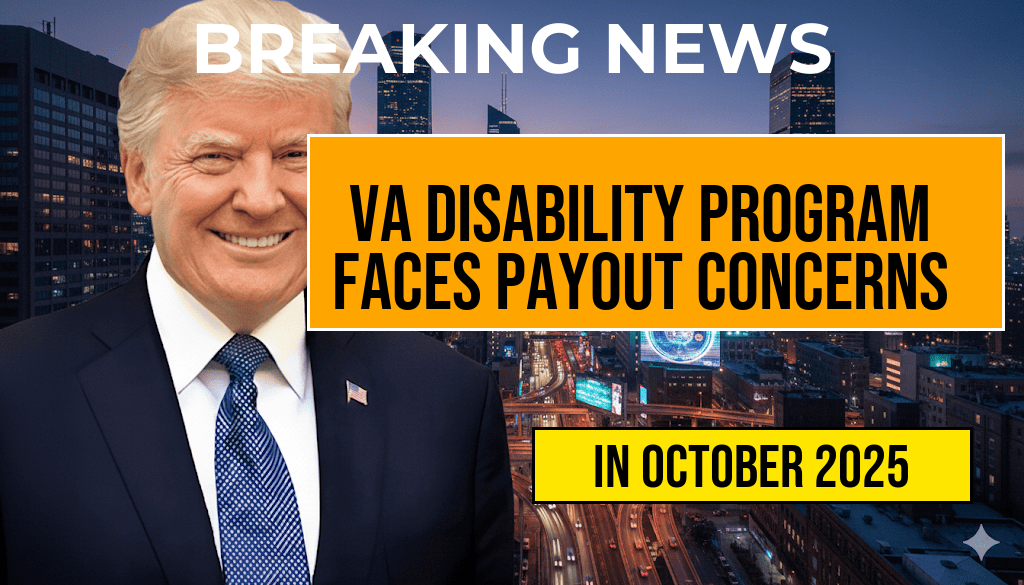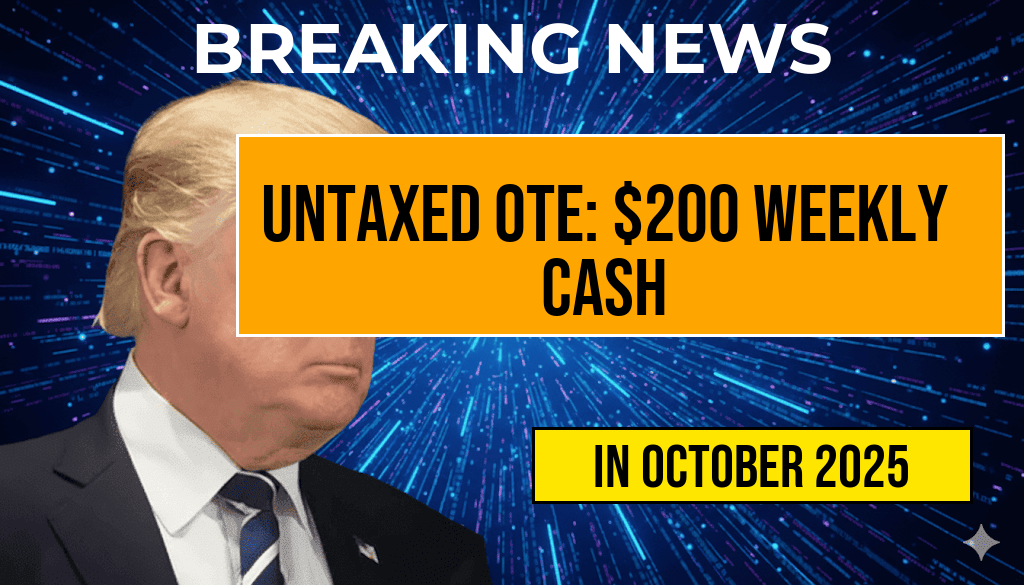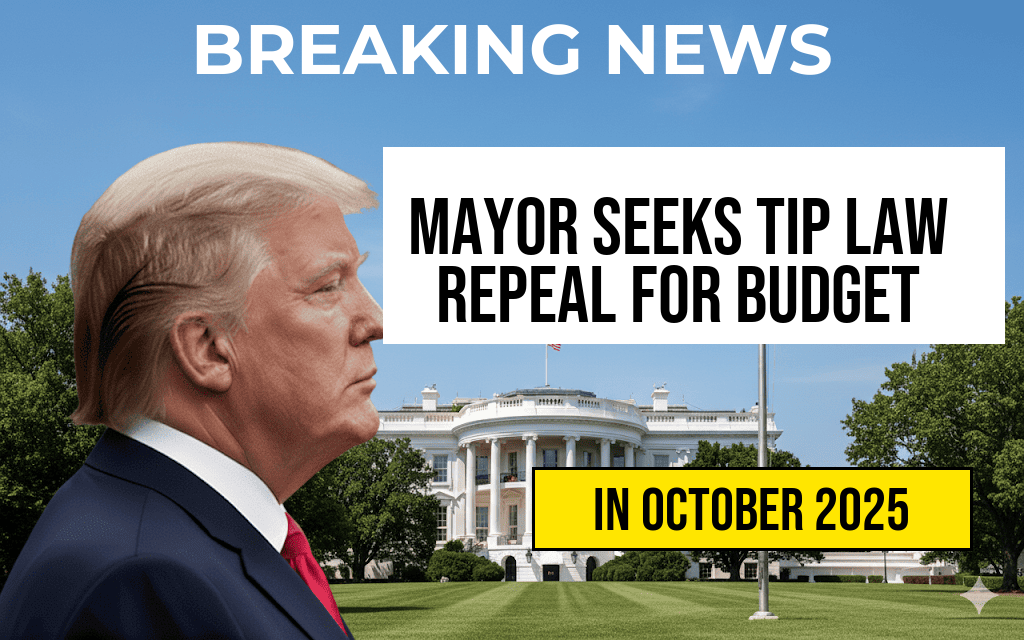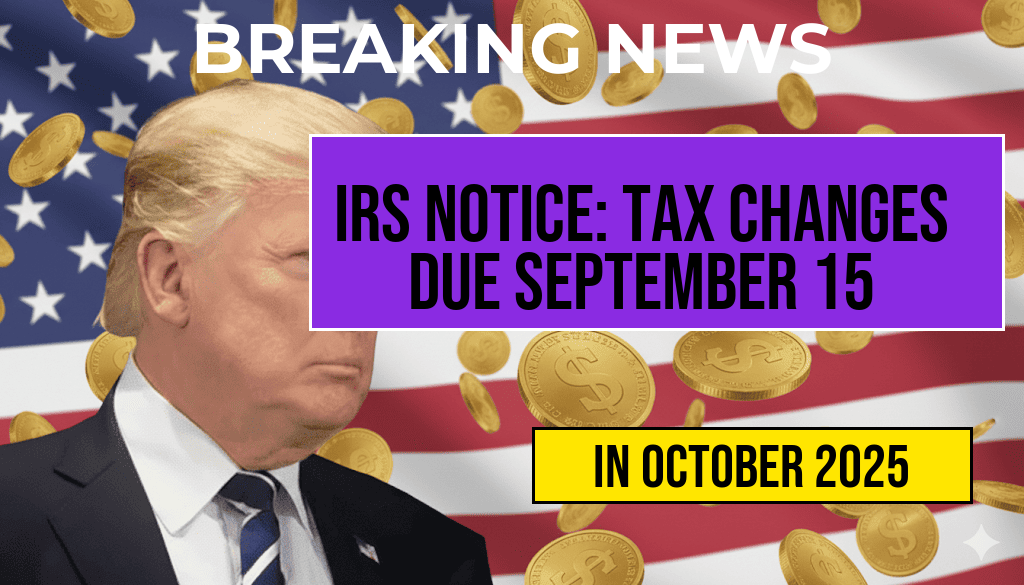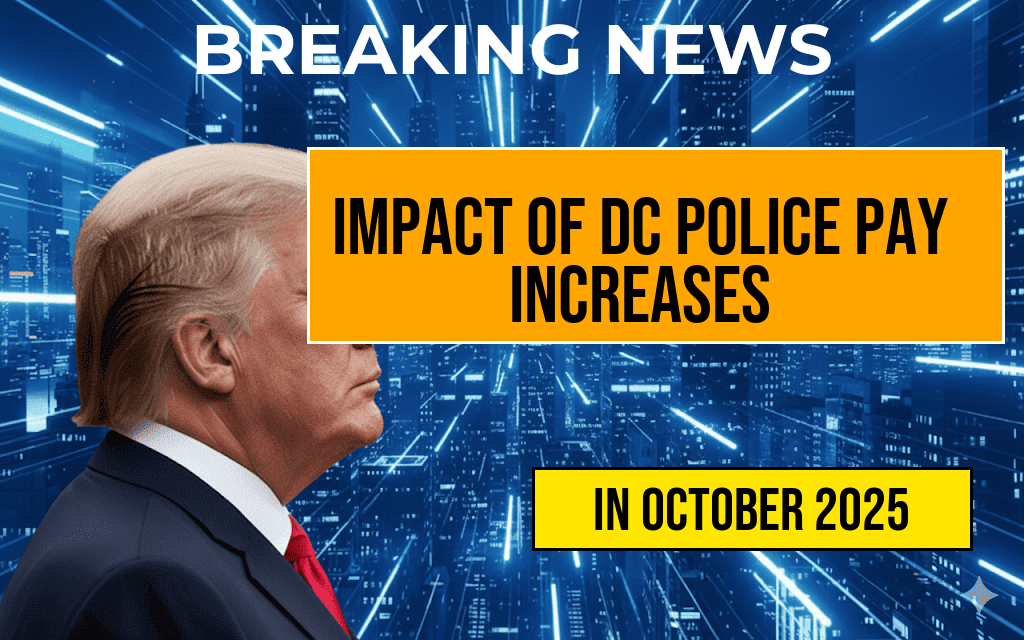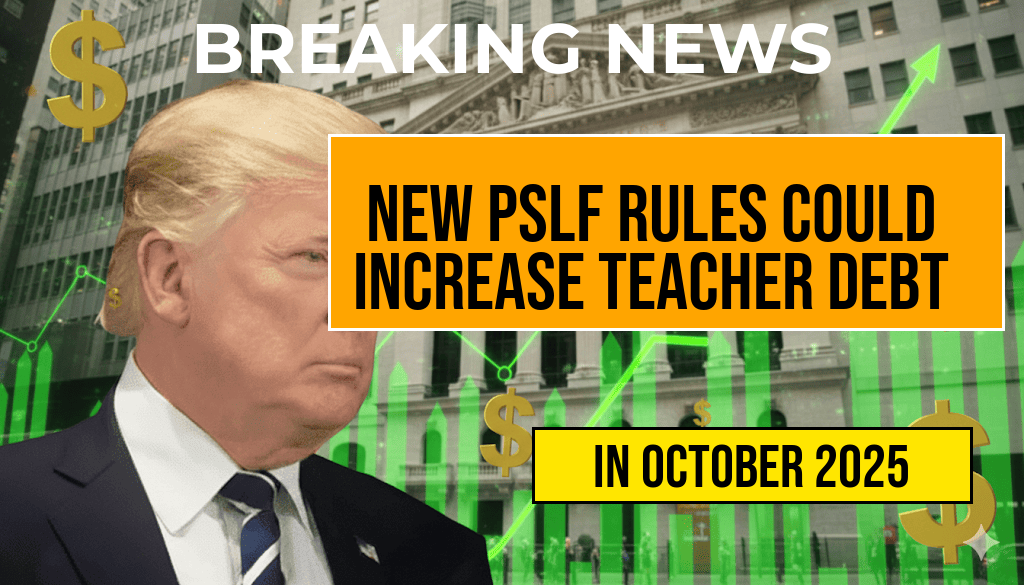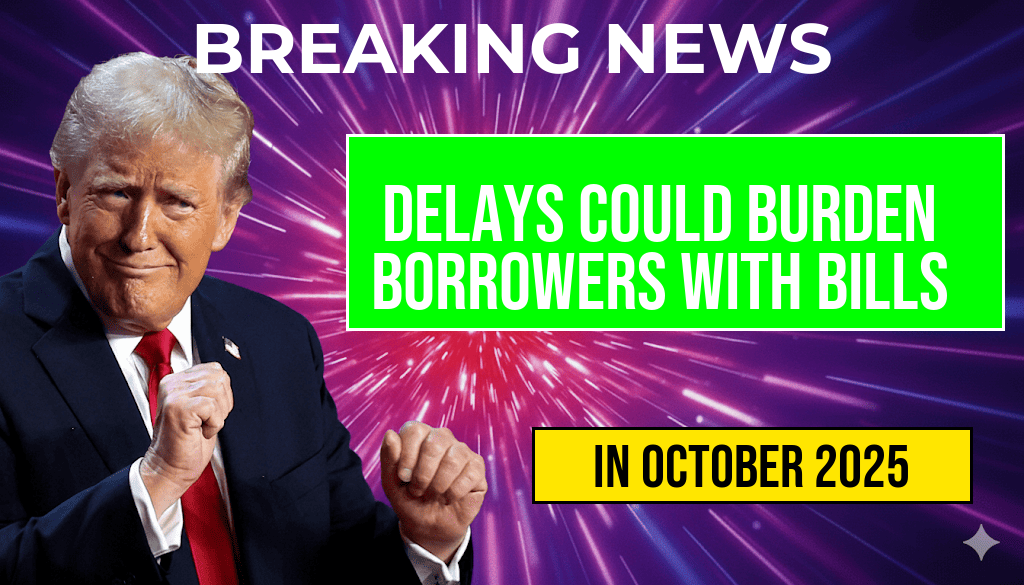The U.S. Department of Veterans Affairs (VA) is facing growing scrutiny over its disability compensation program, primarily driven by concerns surrounding a staggering $193 billion in projected payouts over the next decade. Critics argue that the program is becoming unsustainable, with rising claims related to conditions such as post-traumatic stress disorder (PTSD) and other service-related injuries. Advocates for veterans, however, contend that these benefits are essential for those who have sacrificed for their country. As tensions mount, lawmakers are calling for a thorough review of the program to ensure that it meets the needs of veterans without compromising fiscal responsibility.
Background of the VA Disability Program
The VA disability compensation program was established to provide financial support to veterans with service-connected disabilities. This program is crucial for many veterans, as it offers them a lifeline after their service. Currently, the VA supports approximately 5 million veterans, and the number of claims filed has surged in recent years.
Rising Claims and Financial Implications
- Claims related to mental health issues, particularly PTSD, have seen significant increases.
- Many veterans are now eligible for compensation due to conditions that were previously unrecognized.
- The cost of these claims is projected to escalate, leading to concerns about the long-term viability of the program.
Recent Legislative Actions
In response to the growing financial burden, Congress has initiated discussions about potential reforms to the VA disability program. Some lawmakers are advocating for stricter eligibility criteria, while others propose improvements to the claims process to reduce backlog and inefficiencies. The debate has intensified as various stakeholders weigh in, including veteran advocacy groups, fiscal conservatives, and mental health professionals.
Advocacy and Support for Veterans
While there are concerns about the sustainability of the program, many veterans and advocacy organizations stress the importance of maintaining robust support systems. Organizations like the Veterans of Foreign Wars (VFW) and the American Legion argue that the benefits provided through the disability program are crucial for many veterans’ mental and physical health.
Potential Solutions Under Consideration
As the conversation around the VA disability program continues, several potential solutions have been proposed to balance fiscal responsibility with the need for veteran support:
- Streamlining the Claims Process: Simplifying the application process could help reduce delays and backlogs.
- Enhanced Mental Health Services: Increasing funding for mental health initiatives could potentially decrease the number of disability claims related to PTSD.
- Periodic Reviews: Implementing regular assessments of the program could help ensure that it remains effective and sustainable over time.
Public Perception and Future Outlook
The public’s perception of the VA disability program is mixed. Many citizens support veterans and acknowledge the sacrifices they have made, yet there is also a palpable concern about government spending. As discussions continue, both sides of the debate are urging for a balanced approach that honors the commitment to veterans while ensuring responsible use of taxpayer dollars.
A Call for Transparency
Transparency has emerged as a critical factor in the ongoing discussions regarding the VA disability program. Stakeholders are advocating for clear reporting on the program’s financial health and the effectiveness of proposed reforms. This transparency is seen as essential for building public trust and ensuring that veterans receive the support they need without compromising the program’s integrity.
Conclusion
The future of the VA disability program hangs in a delicate balance as lawmakers, veterans, and advocacy groups navigate the challenges of rising costs and the imperative to support those who have served. As the dialogue continues, the focus will remain on finding solutions that honor the sacrifices of veterans while maintaining fiscal responsibility for future generations.
Frequently Asked Questions
What is the current status of the VA Disability Program?
The VA Disability Program is currently facing scrutiny due to concerns over a projected $193 billion in payouts, raising questions about its sustainability and efficiency.
Why are there concerns about the $193 billion payout?
Concerns stem from the sheer scale of the projected $193 billion in payouts, which some critics argue may lead to financial strain on the Veterans Affairs system and affect the quality of services provided to veterans.
How does the VA Disability Program impact veterans?
The VA Disability Program provides essential financial support to veterans with disabilities, helping them cope with the challenges of their conditions and ensuring they receive necessary medical care.
What reforms are being suggested for the VA Disability Program?
Reforms being suggested include increased oversight of the claims process, better resource allocation, and potential adjustments to eligibility criteria to ensure sustainability of the VA Disability Program.
How can veterans get assistance regarding their disability claims?
Veterans can seek assistance through various channels, including local Veterans Affairs offices, veteran service organizations, and online resources dedicated to helping with disability claims.

